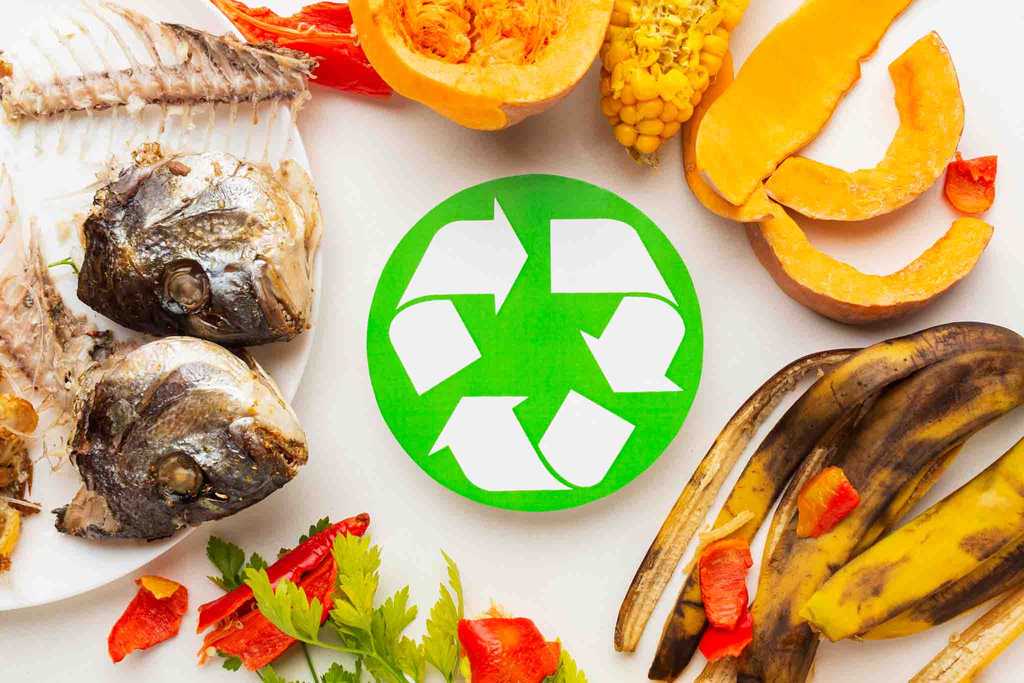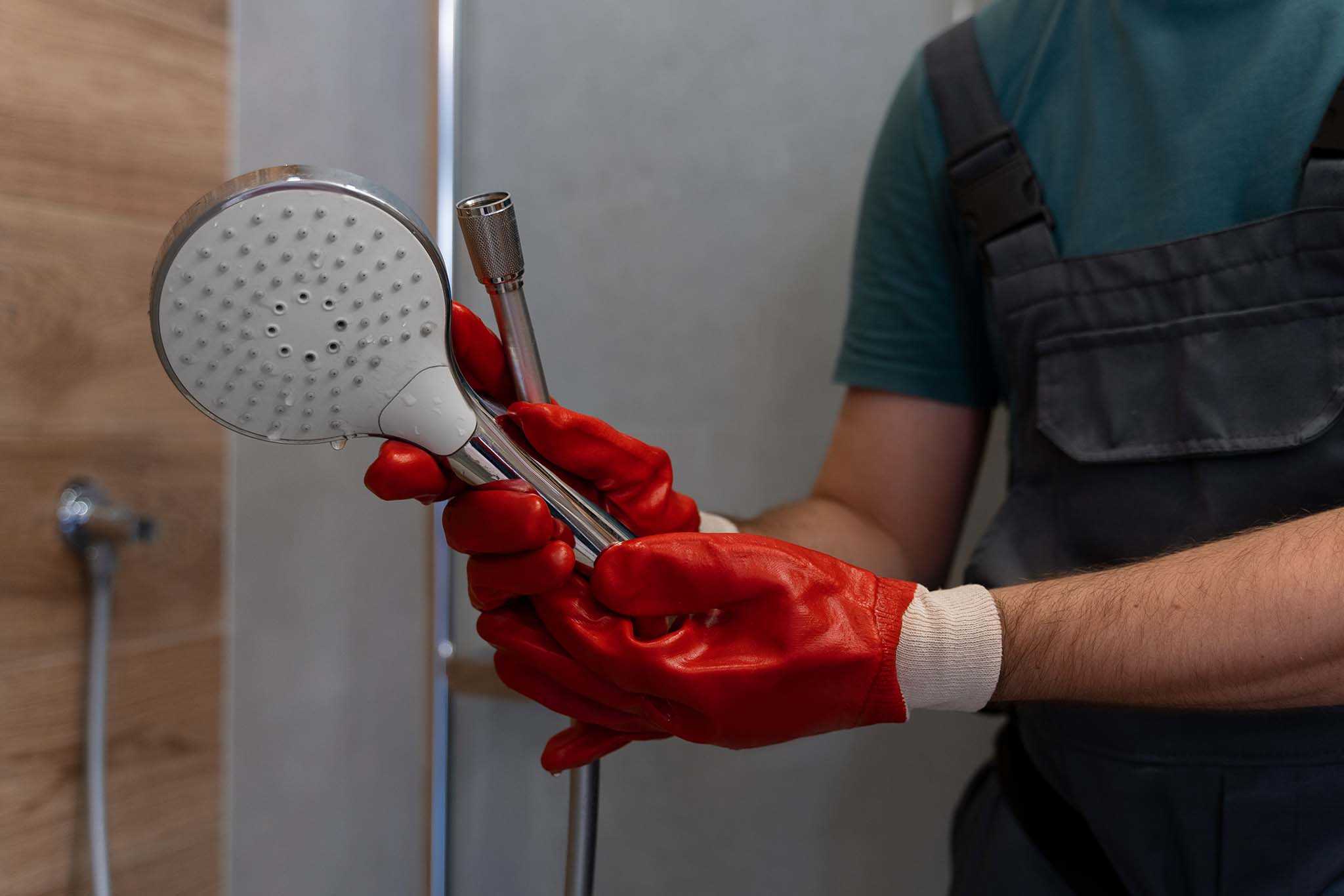About the Service
As Brisbane continues to evolve into a city that champions sustainability, the expansion of the Food Waste Recycling Service (FWRS) in February 2024 stands as a pivotal step towards a cleaner, greener future. This comprehensive initiative by the Brisbane City Council aims not only to reduce the environmental impact of food waste but also to pave the way for a more robust waste and resource recovery system. In this blog post, we delve into the details of the FWRS, its impact on the community, and the steps households can take to actively participate.
Why Offer a Food Waste Recycling Service?
Food waste exerts significant pressure on landfills, natural resources, the economy, and the environment. The FWRS addresses this challenge by collecting and processing food waste into compost. This compost, a byproduct of responsible waste management, becomes a valuable resource for urban gardens, farms, and public spaces. The service is a critical component of the Council's strategy to tailor future waste and resource recovery systems, aligning with community needs and environmental priorities.
Which Households are Included?
The service expansion targets select areas based on existing collection routes, covering suburbs rather than entire neighborhoods. From February 2024, eligible residents in suburbs like Hendra, Mt Gravatt East, and Westlake, among others, will be encouraged to participate in this green initiative. Those with existing green waste recycling services will be directly notified of the additional service and are urged to actively engage in the process.
The Impact of Food Waste
The significance of the FWRS becomes apparent when considering the current scenario. Food waste accounts for approximately 23% of household general waste bins in Brisbane. When left to decompose in landfills, it generates harmful greenhouse gases, including methane, which adversely affects air quality and public health. By diverting food waste from landfills, the FWRS contributes to a substantial reduction in greenhouse gas emissions and fosters a healthier environment.
Next Stages of the Service
The FWRS is an ongoing initiative with plans for future expansions. The Council is actively preparing for a city-wide rollout of the service, with residents in targeted areas continuing to play a crucial role by responsibly disposing of their food scraps and green waste. Regular updates will be provided to keep residents informed about changes and developments in the program.
Why Should Your Household Participate?
Active participation in the FWRS is not just an environmental responsibility; it's an opportunity to contribute directly to a sustainable future. By diverting food and garden waste from landfills, households contribute to reducing greenhouse gas emissions. The resulting compost benefits local farmers, gardeners, and businesses, creating a cyclical process that enriches the community and the environment.
Are There Any Costs Involved?
Participating in the FWRS is entirely free. The existing green waste recycling service, including the newly added food waste recycling component, will continue to be included in property rates notices. This ensures that residents can actively contribute to sustainability without incurring additional expenses.
Steps to Participate in the Service
Participating in the FWRS is a simple yet impactful process. Residents are encouraged to follow these steps:
-
Collect Your Food Scraps: Use the provided six-litre kitchen caddy to collect food scraps in your kitchen.
-
Empty Your Caddy: Dispose of your food scraps, along with grass clippings and other green waste, in your green waste recycling bin every 1-3 days.
-
Present Your Green Bin for Collection: Ensure your green bin is out for collection on your designated fortnightly collection date.
About Your Food Waste Kitchen Caddy
To facilitate effective participation, households in eligible areas will receive a free six-litre kitchen caddy. This recycled-material container is designed to make the collection of food scraps in the kitchen convenient. It is essential to empty the caddy regularly and follow guidelines to maintain cleanliness and prevent odors.
Tips for Reducing Odors and Maintaining Your Caddy
Given Brisbane's warm climate, managing odors becomes crucial. Here are some tips:
- Regularly place your green waste recycling bin out for collection to reduce odors.
- Store the kitchen caddy in cool locations, such as under the sink or in the fridge.
- Use existing containers if the provided caddy doesn't suit your household.
- Freeze smelly food scraps until bin collection day.
- Avoid placing meat or dairy in the caddy.
- Cover the caddy with a fly food cover net.
- Utilise vinegar, bi-carb soda, charcoal, or eucalyptus oil to absorb and dissipate odors.
- Empty the caddy in your green waste bin every 1-3 days and rinse after.
- Put your caddy in the dishwasher or use kitchen soap for a thorough clean each week.
Tips for Your Green Waste Bin
Proper maintenance of the green waste bin ensures effective waste disposal:
- Regularly put your bin out for collection every fortnight.
- Cover food waste with garden cuttings to minimise odors.
- Keep the bin lid tightly closed to deter vermin and flies.
- Avoid overfilling the bin and keep it in the shade if possible.
- Hose the bin if needed after collection.
Where Does the Food Waste Go?
Collected food and green waste are transported to a resource recovery center by Council's contractor. From there, it travels to a green waste recycling partner's facility, where it undergoes a transformation into compost that meets Australian standards. This compost is then distributed for use in Brisbane by local farmers, urban growers, and businesses.
What's Next for the Service?
The FWRS is a dynamic initiative with future infrastructure planning underway for a city-wide rollout. The expansion will occur in stages, and residents will be provided with advance notice of these changes. Meanwhile, for those outside the selected areas, alternative actions can be taken, such as reducing food waste through educational programs, participating in the Compost Rebate Program, engaging in community composting, or joining compost training initiatives.
Conclusion
Brisbane's commitment to sustainability is exemplified by the expansion of the Food Waste Recycling Service. By actively participating in this initiative, residents contribute to a healthier environment,


